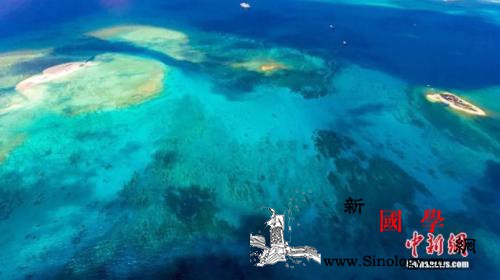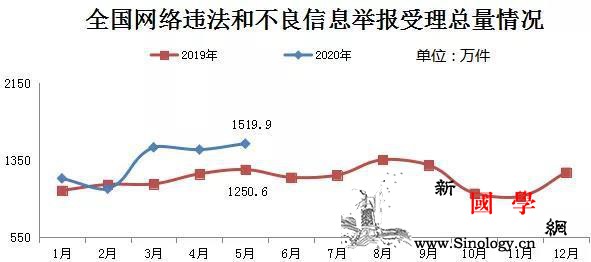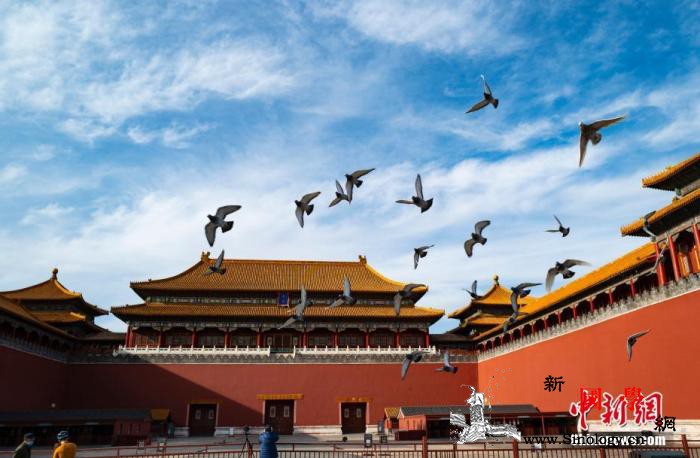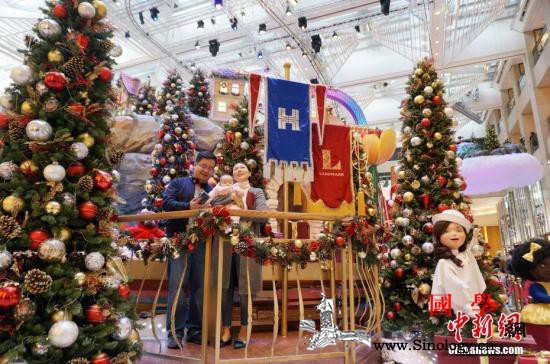原题:"足不出户 云游中国"畅音阁:《洛神》剧情梗概(中英对照)
核心词:洛神,曹植,曹丕,洛神赋,公元,仙居,祥云,芙蓉出水,飘然,仙女
《洛神》
故事来源:三国时期(公元220年──公元280年)散文《洛神赋》 时间:三国时期(公元220年──公元280年) 地点:中国的北方 主要人物:曹植(皇帝曹丕之弟)洛神(洛水女神)
曹操的长子曹丕继位,做了皇帝。三弟曹植天赋超人,博学多才,深得父亲宠爱。曹操曾一度要立他为太子,却未能成功。也正因为如此,曹植受到曹丕的猜疑、嫉恨和防范。
曹丕的妻子甄后雪肤花貌,娴雅飘逸。她厌恶曹丕的凶狠霸道,喜欢才华横溢的曹植。曹植更是爱慕甄后过人的智慧和刚烈的性格,二人虽没有机缘接近,但彼此默契于心。
不久,甄后在曹丕的一次盛怒之下被赐死。曹植闻听,非常悲痛。他从京师回到自己的封地,途经洛水河畔,见一位仙女神情容貌酷似甄后。经再三追问,仙女约他明日洛水相会。
第二天清早,曹植来到烟水茫茫的洛河之滨等候。忽然天边一片祥云飘然而至,上面站立着一位仙子,自称是洛水之神。曹植仔细观看,只见她明眸皓齿,粉面朱唇,如芙蓉出水,款款而来。曹植虔诚地向她行礼,询问仙居何处。洛神面带悲戚,欲言又止,暗示曹植人神殊道,难偿宿缘。取出明珠一颗,以作留念。曹植连忙摘下随身的一只玉佩,双手奉上。二人默默相视,似有不尽的惆怅。太阳升起,朝霞满天,洛神仪态万方,飘然离去。

图片来源于网络
英文版
The Goddess of Luo River
Origin:Three Kingdoms Period (220-280 AD)prose poem, Offering to the Goddess of Luo River Time:Three Kingdoms Period (220-280 AD)Place:Northern ChinaMain characters:Cao Zhi (younger brother of Emperor Cao Pi)The Goddess of Luo River
Cao Cao's eldest son, Cao Pi, has ascended the throne and become Emperor. Cao Pi's younger brother, Cao Zhi, is exceptionally gifted and learned in many fields, and was their father's favorite. Cao Cao had attempted to have Cao Zhi designated as his heir, but was unsuccessful. As a result, Cao Pi regards Cao Zhi with suspicion and envy.
Cao Pi's wife, Empress Zhen, is graceful and elegant, with skin like snow and a face like a peach blossom. She detests her husband's cruelty and coarseness, and loves the artistic, brilliant Cao Zhi. Cao Zhi, in his turn, deeply admires Empress Zhen's intelligence and strength of character. Although it is impossible for the two to express their love, they are each aware of what is in the other's heart.
The day comes that Cao Pi, in one of his rages, has Empress Zhen put to death. When Cao Zhi learns of this, his grief is deep and bitter. He leaves the capital to return to his manor. As he is passing along the banks of the Luo River, he spies a river goddess who seems to be exactly like Empress Zhen, in both appearance and spirit. He pursues her, and finally she agrees to meet him at the river the following day.
Early the next morning, Cao Zhi is waiting on the banks of the wide, misty Luo River. Suddenly, far off in the distance, he sees a heavenly cloud wafting towards him. Standing on it is a celestial figure, the Goddess of Luo River. Cao Zhi watches as she approaches like a lotus floating on the water, his eyes filled with her bright gaze and white teeth, alabaster skin and pearly lips. Reverently he bows to greet her, and asks her where she lives. She starts to speak but stops herself. Sadly she tells him that mortals and deities live in different worlds, and although fate should have brought them together, it may not be. She brings out a shining pearl, and gives it to Cao Zhi as a keepsake. Cao Zhi hastily removes the jade amulet from his belt, and offers it to the goddess with both hands. Silently, the two gaze deeply into each others eyes, their hearts filled with inexpressible longing. The sun rises and dawn light paints the sky, and the beautiful Goddess of Luo River floats away on her cloud.
译者:雨敬然
责任编辑:郑思明











